Saturday, 9th February
It is a clear morning as I leave the gates at 5.30am with no other car in sight. The sky is clear and the forecast is for a dry, hot day. The sunrises at 5.41am and by the time I reach the Luvuvhu River at 6.40 it is well up.
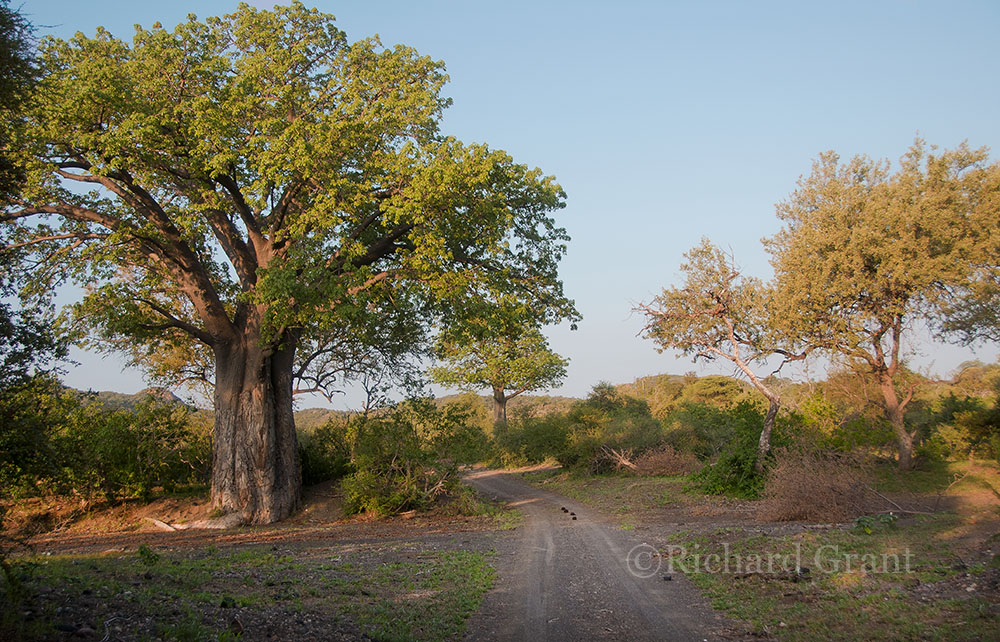
I begin by going west along the fantastic Nyala trail ending under rocky cliffs.
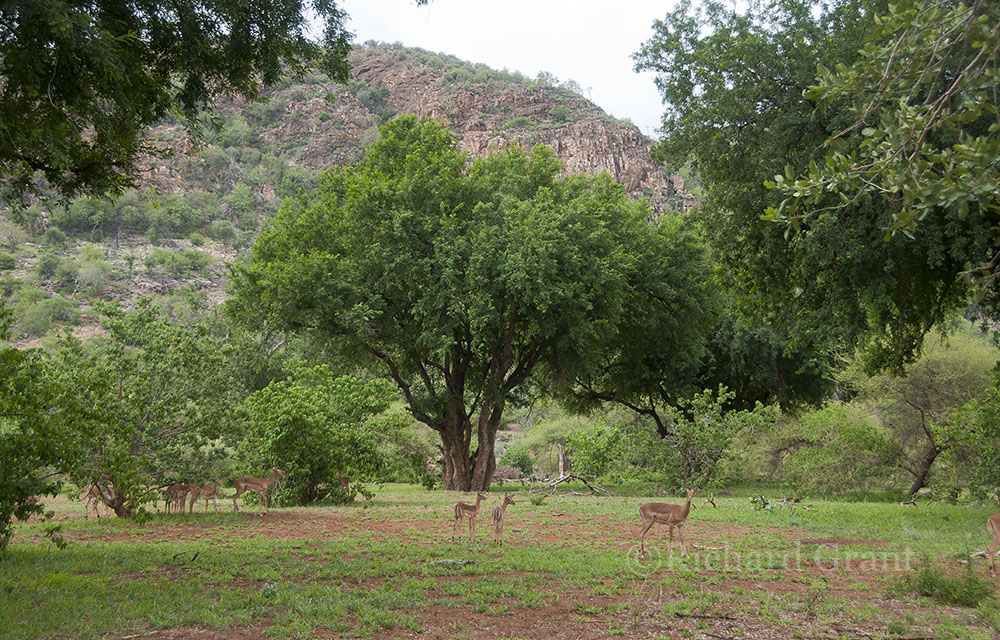
I keep a lookout for the Three Banded Courser but being nocturnal, there is little hope of seeing it as the sun and the temperature quickly rises.
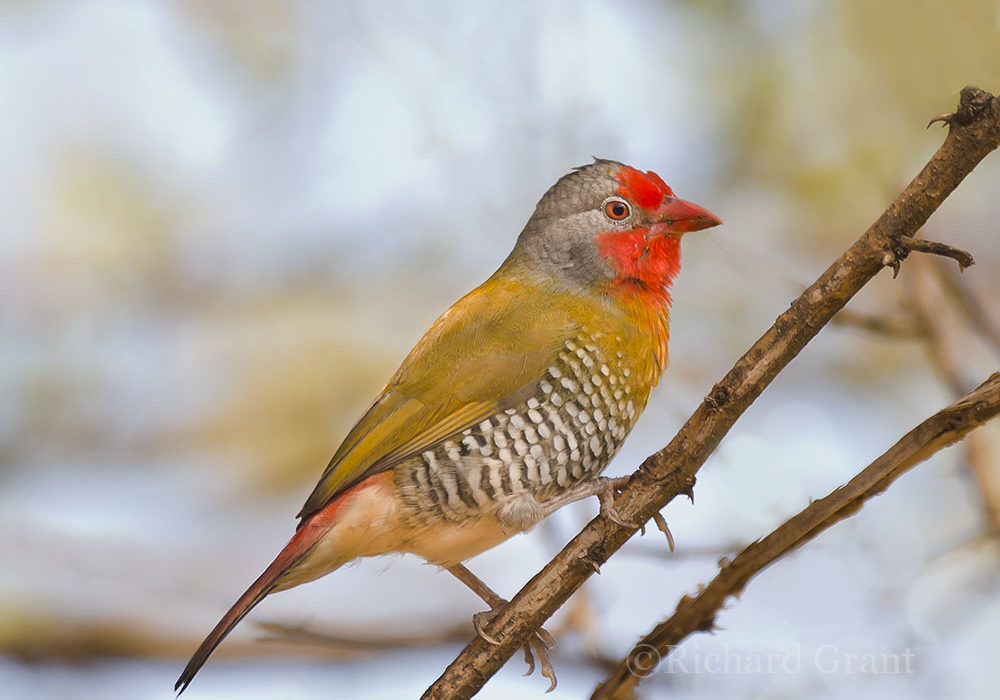
By 10 am and after a fruitless search for my specials, I head back to Punda – 50 odd Km’s distant.
Along the way I ponder our stay up here. On two scores I got it wrong. Firstly, we should have been here in January when the 4.30am gate opening time gives one ample time to reach the wonderful Luvuvhu valley by sunrise, thus enjoying the best time of the day. From a photographic point of view the good light just does not last enough to justify the long trip making it preferable to come on a cloudy day and spend most of the day there. Secondly, one should come here during a wet summer. The dry dams, streams and waterholes everywhere really restrict one’s viewing options – both the number and variety of birds. No ducks, crakes, bishops and water birds that line reedy vleis and marshes. Only the Luvuvhu River and the camp’s strong boreholes, pumping into the waterhole next to us, supply a constant water source. Everything else about Punda Maria is marvellous but next time we wish to come here I will be phoning the camp manager first to find out how much rain has fallen.
Back in camp the temperature soars and today must have been the hottest of the trip. Before we set out on this trip, I scoured the shops looking for a simple max/min thermometer. I could not find one and ended up having to buy an expensive, fancy digital system which needless to say is faulty and has not worked at all since I unpacked it. Fortunately, the heat does not worry me at all. A 4pm cool off and exercise in the swimming pool before going out searching again for my Arnot’s Chat and others.
Tomorrow’s weather forecast is the same as today and I will not be going to the river but rather drifting through the tall mopane woodland for a couple of hours before I am overwhelmed by the heat.
The campsite has filled up a lot today. I believe that some diehards spent the night sitting up in the hide overlooking the floodlit waterhole next to us. Apparently five lions came to drink at midnight but that is the only cat sighting I have heard of here.
Sunday, 10th February
Out again at 5.30am, I am doing more of a scenic, historic morning drive.
I head east and arrive at the main H1-8 just as the sun makes a fiery appearance over the horizon.
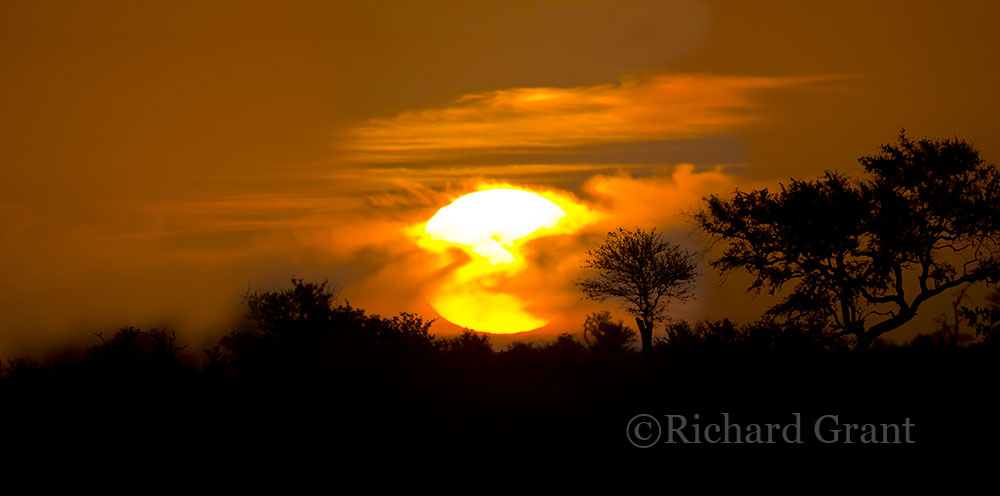
I then climb the nearby Dzundzwini Hill which commands such prominence over the surrounding plains. However, there is no suitable lookout point so I turn and descend.
At the foot of the hill, the first ranger, J J Coetzer set up his camp but before long a lack of water forced him to move to a strong spring some 15Km distant – at Punda Maria. Please refer to my historic post on Punda.
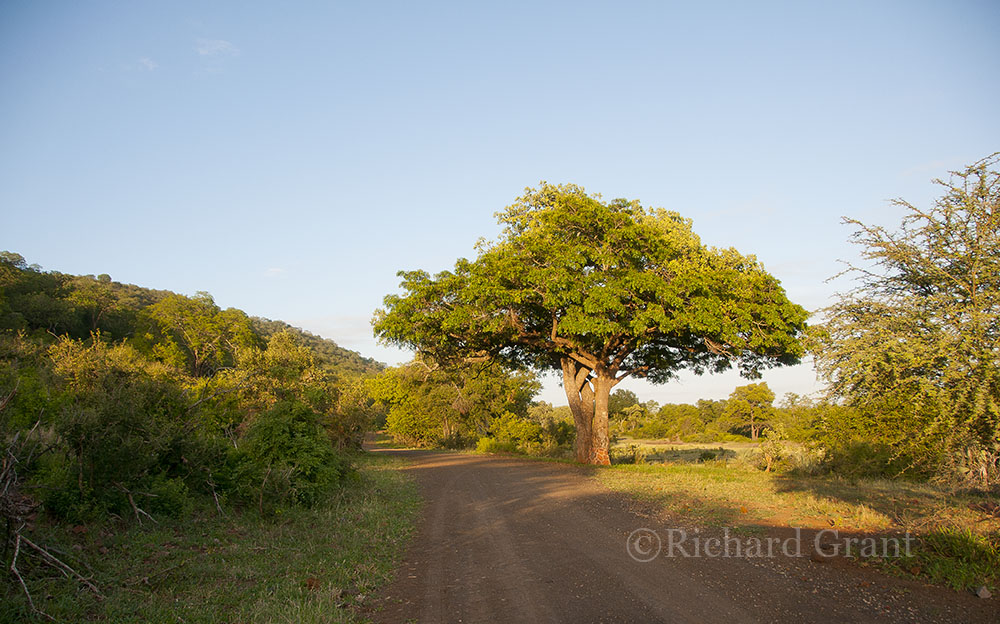
I next take the road back towards the S60 and the mature mopanes and try again for my elusive birds – with no success. A herd of buffalo cross the road ahead and quickly disappear into the leafy mopane bush.
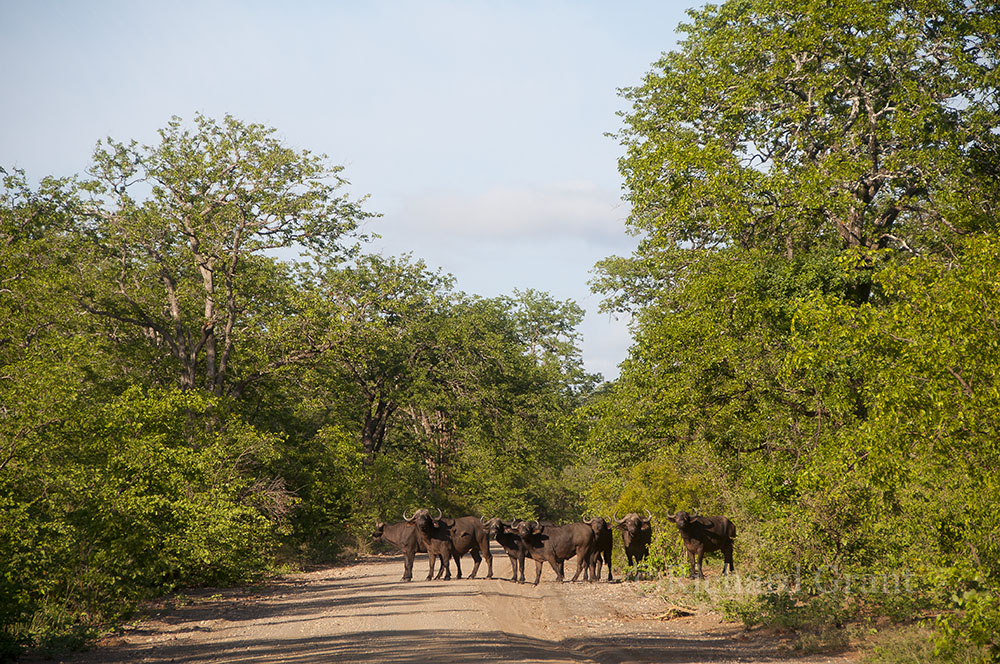
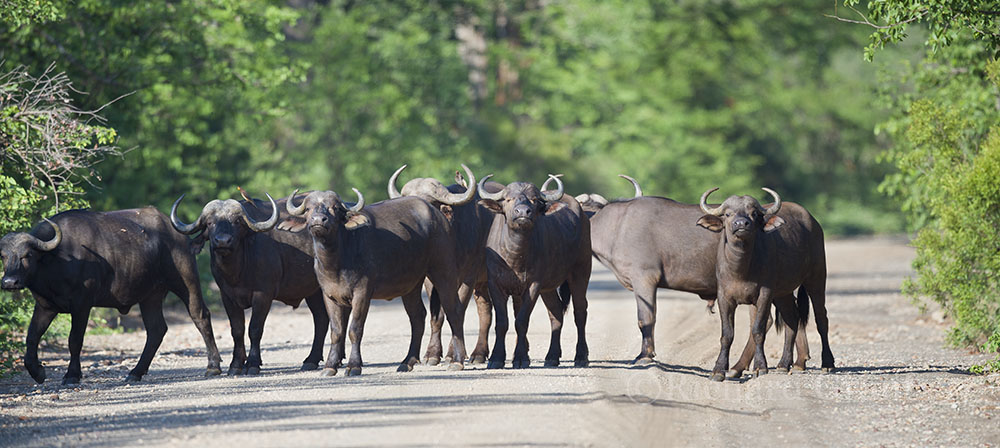
To end off our stay at Punda Maria we have lunch in the excellent Tindlovu restaurant where we chat to the camp manager, Garth Holt. We have known him for many years as camp manager at Lower Sabie and Mopane. Garth is very knowledgeable about the history of Kruger and we listen intently as he speaks on many fascinating topics. He is at present busy organising a museum here in camp.
I go out for a short evening trip along the Mahonie Loop and note that the veld is rapidly drying out again. Tomorrow we head for a week at Shingwidzi. Punda has been great despite the drought and we will certainly be back again – when the conditions are right. Without doubt being set up right next to the camp waterhole has been a great bonus with the constant herds of ellies and buffalo coming in. All sorts of screeches, rumbles and trumpets continue throughout the night.

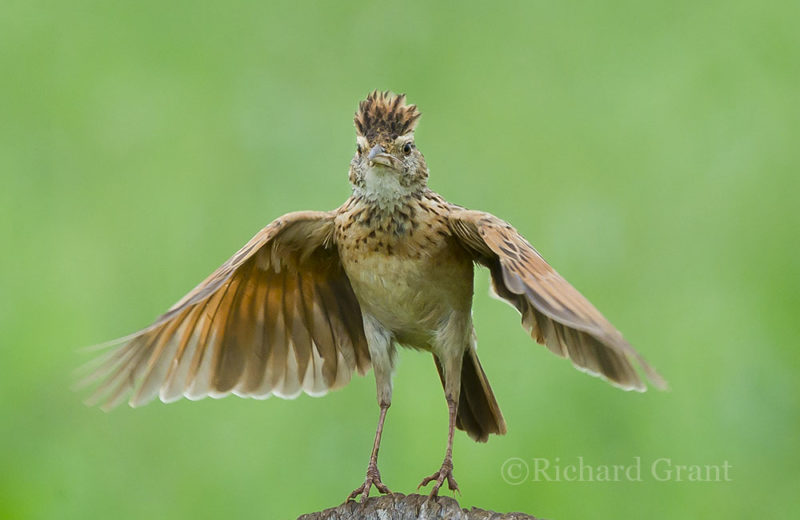
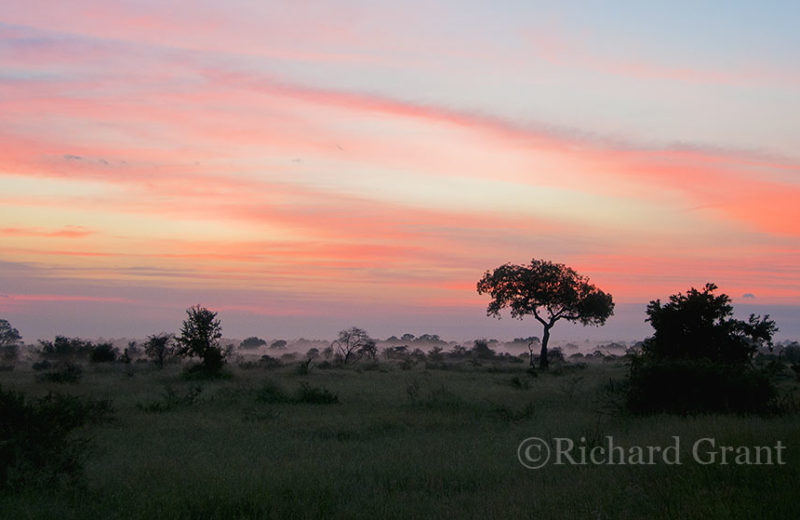
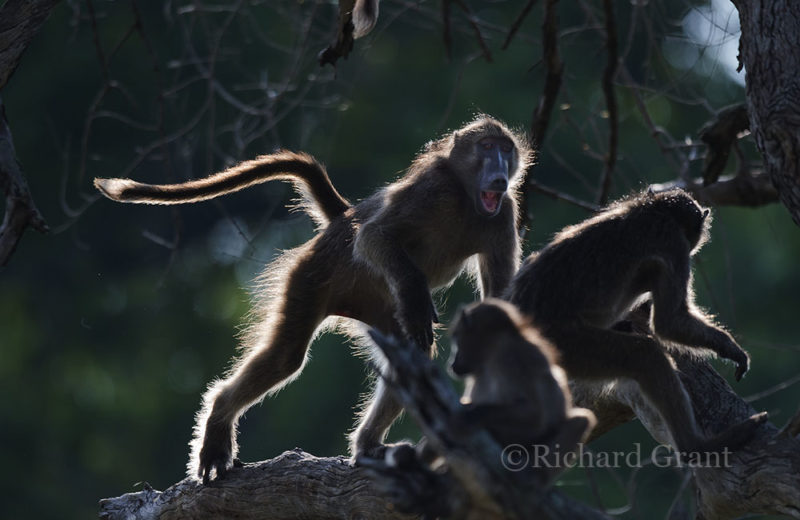
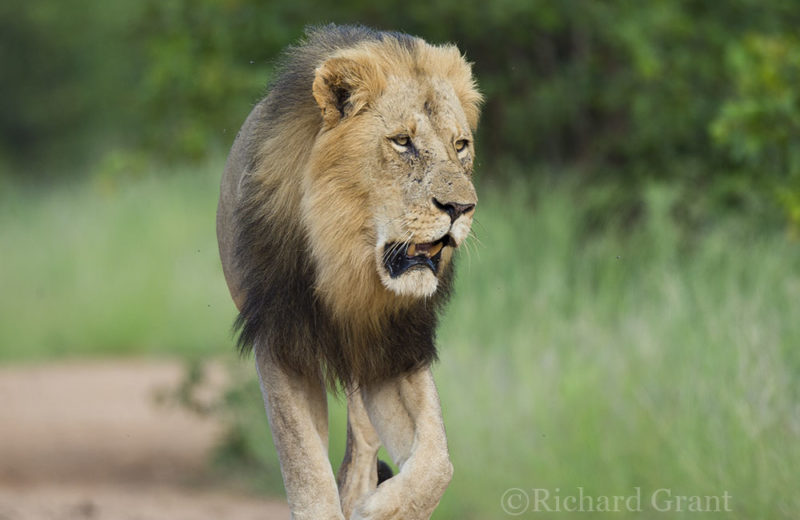
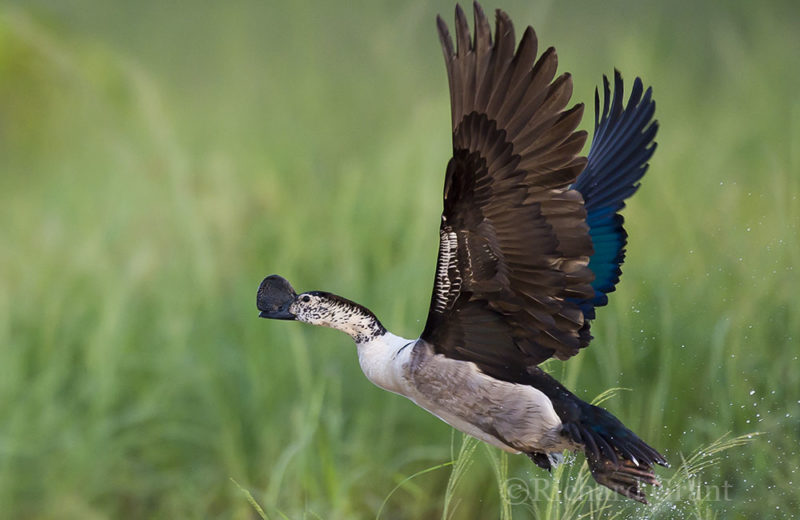
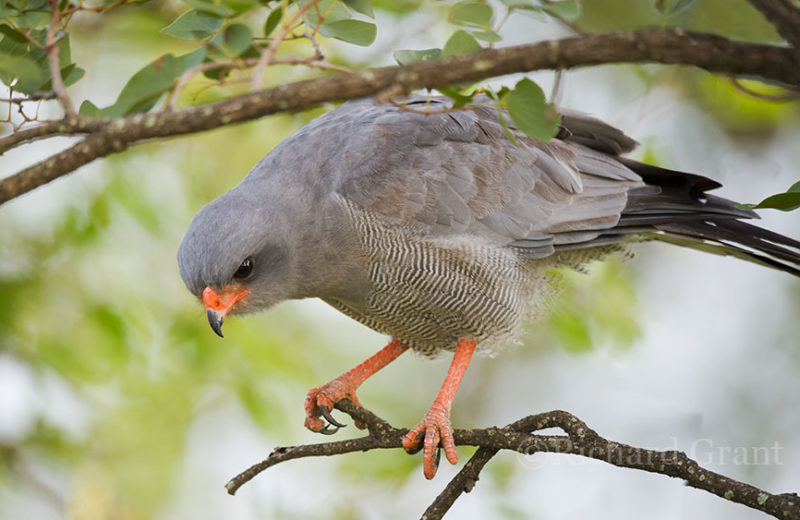
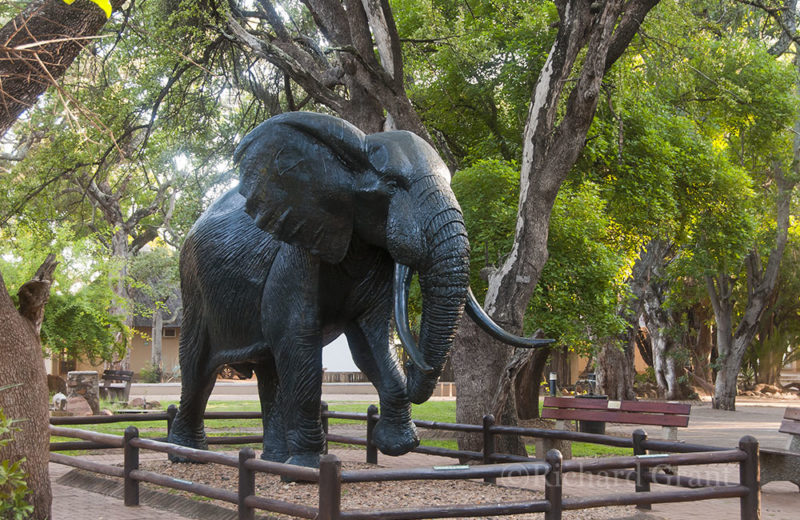
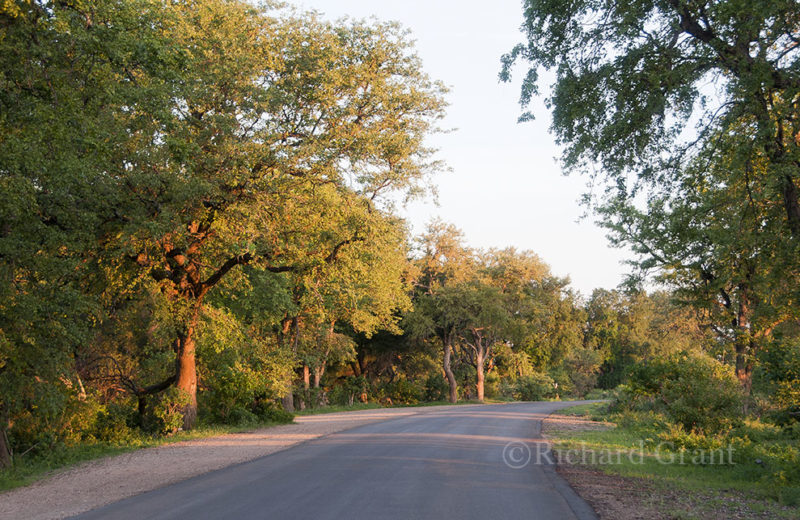
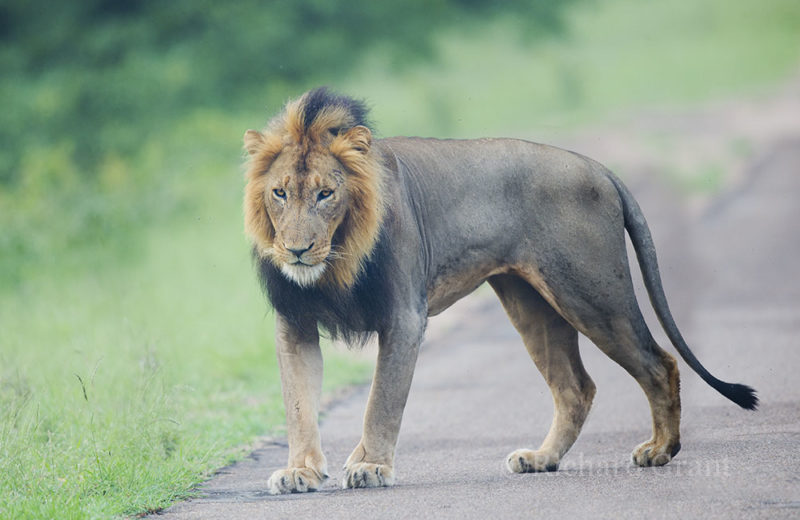
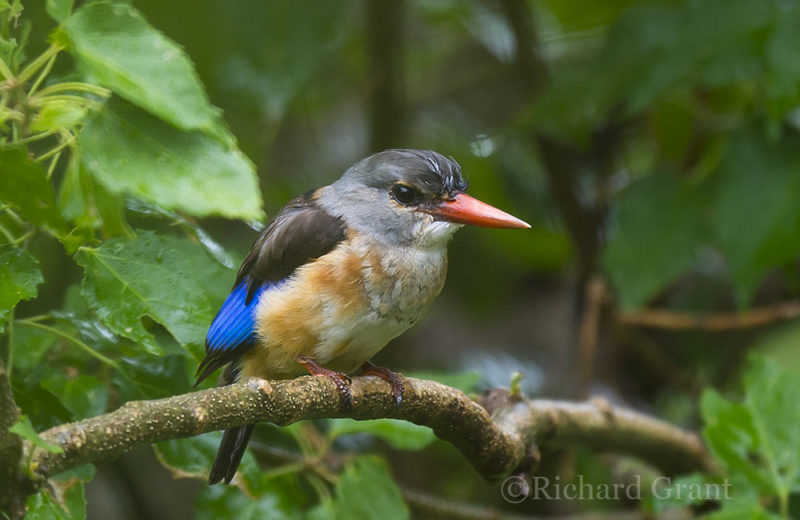
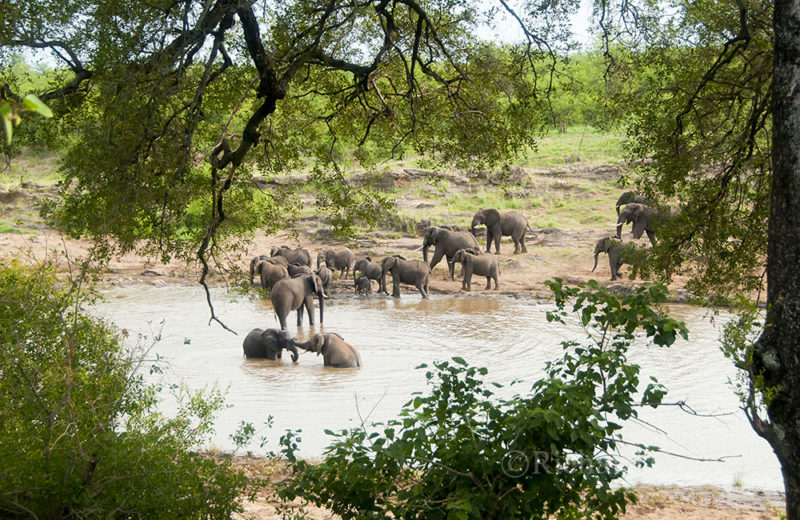
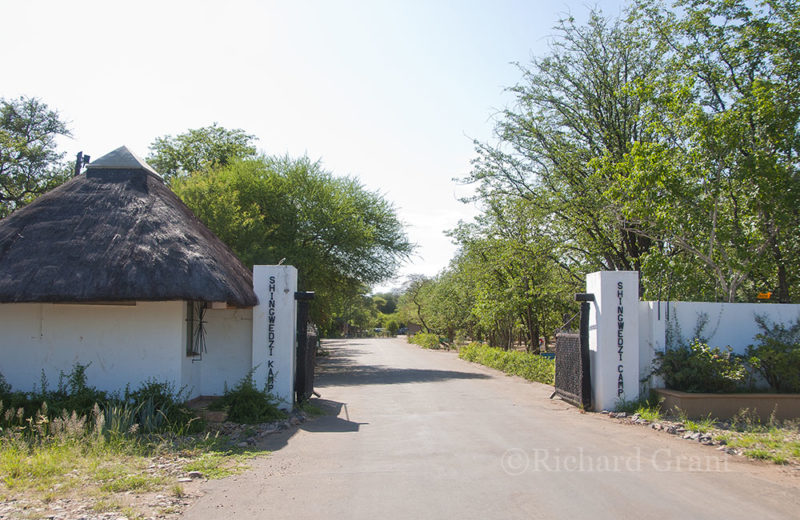
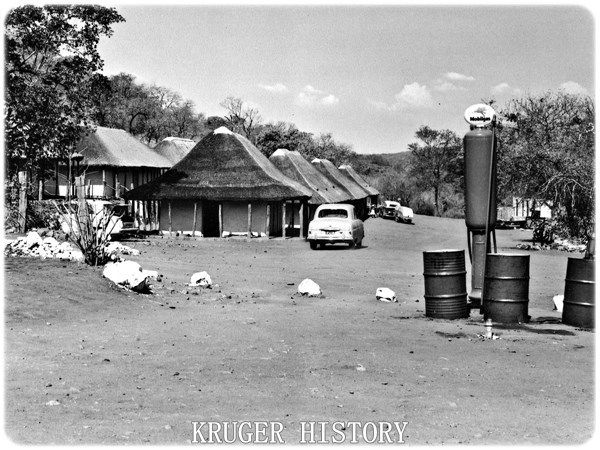
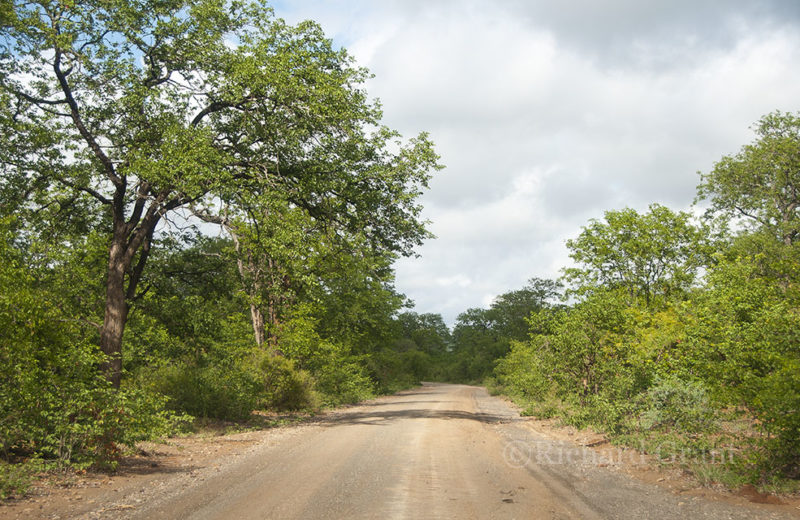
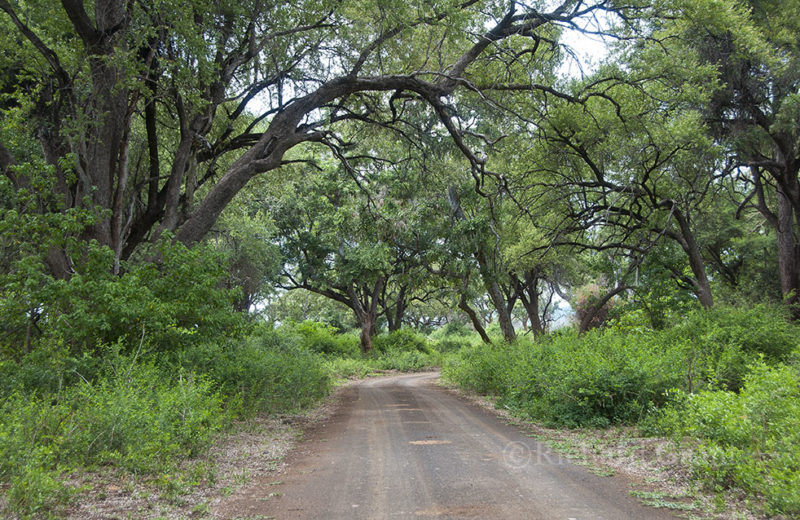
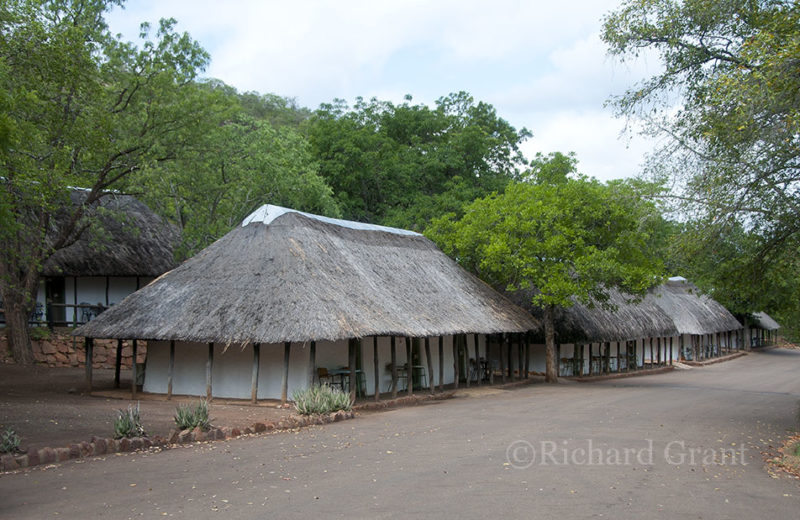
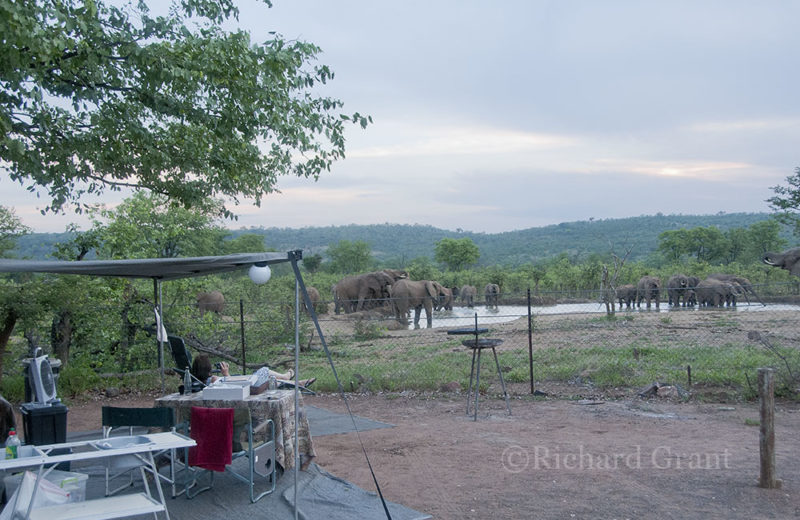
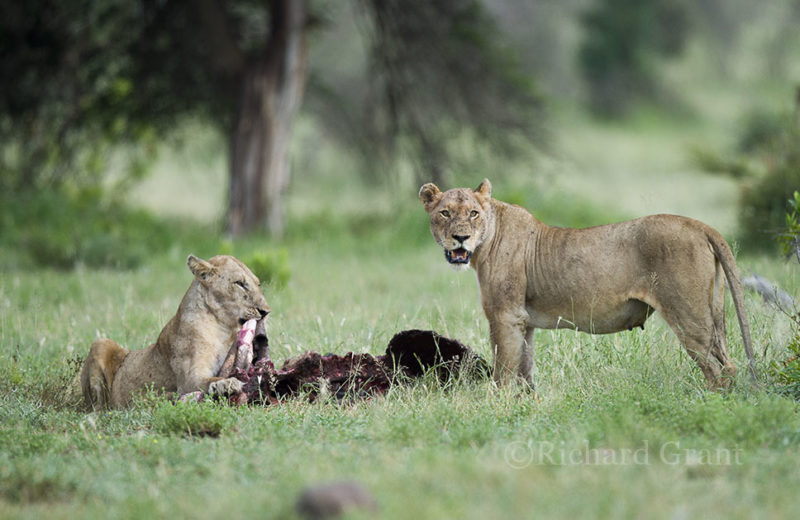
2 Comments
Helena February 14, 2019 at 1:03 pm
Fred you are photographing birds which I’ve never seen nor heard of. Thus I’m finding your bird pictures most interesting. I am curious to know why the Green winged Pytillia is named that as it has a far more prominent red colour to it’s face. Looks like the poor bird got in the way of an artist splashing red/orange paint around. As I sit here and write, I frequently am distracted by 2 squabbling Weaver birds. The male is ever diligent in trying to build the nest whilst the female sneakily tries to dismantle the nest from the branch. Such patience.
Loving your articles.
Richard Grant February 15, 2019 at 8:54 am
Helena, click on Gallery >> Birds >> Birds P >> Pytillia. There you will see two types – the Orange-winged and the Green-winged. I think the name is meant to differentiate between the two rather than than red that both have on their faces.